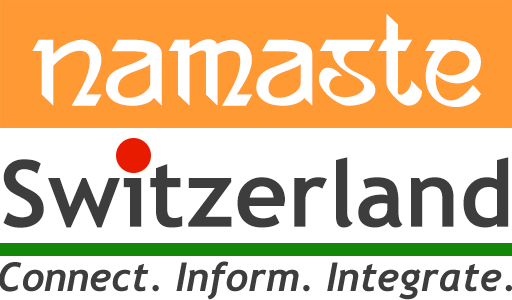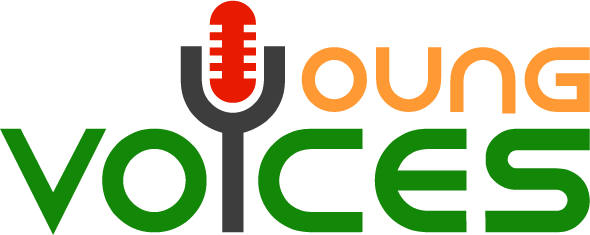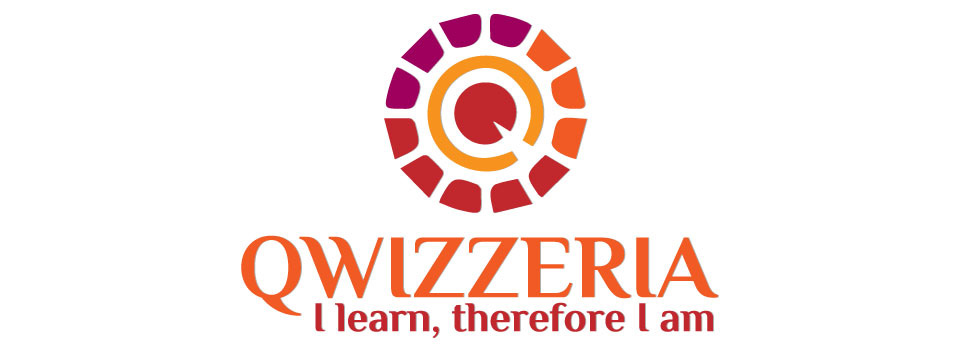Is a valid work permit the most important part of landing a job? Or is it what you potentially can bring to the workforce? Here are some straightforward answers.
One of the most commonly asked questions when it comes to seeking a job in Switzerland is – naturally – regarding a valid work permit. The fact is that if you are not a naturalised citizen or permanent resident, you need to hold a permit that allows you to work. A valid work permit will be applied on your behalf by the company you start working for.
Needless to say, if you don’t have a valid work permit, things are bound to be trickier. But don’t give up hope just yet! There are ways to get legally hired. So, rather than investing time drafting multiple applications a day – invest in sharpening skill sets or honing niche skills that are hot in the market today. This motivates potential employers and organisations to hire you since you bring to the table something which isn’t easily available and is unique.
Your skills
This is my observation and please note: I might not be a 100% correct here. We often tend to underestimate our ‘skills’ while navigating this route. I reiterate, working on your skill set ranks much higher in significance than drafting stellar job applications.
Invest this time in yourself – you are NEVER going to get this time back again. And if you are one of those people who see the glass half full, then you know what I mean. I always wanted to do a masters, but I got stuck in the corporate rate race for over 12 years which never gave me an exit opportunity. So, the moment I got it, I grabbed it. I never applied for jobs. I only applied to the right schools.
Whether its a degree or a certificate course or just clearing off the dust on those forgotten skills – do what it takes to renew, refresh or redirect your skills in terms of time, commitment and value.
Switzerland really values your academic accolades – it is totally worth the effort.
Swissify your CV
It’s important to ensure your CV is understood in the local way. Here are some pointers.
- Your personal details such as your name, address, email, contact number and a good photograph must be at the top of your page. Another important addition to this basic information is the type of visa you hold, especially when you DO have a “valid work permit”.
- The CV starts with professional highlights, followed by details in the next sections (your work experience). It is important for the person screening your CV to get a clear picture of your profile within the first minute.
- Your educational qualifications (bachelors, masters and certifications) come next. Make sure you have a table and keep it concise.
- Keywords – I cannot stress this enough, but soon our CVs will be screened by tools and not people (many organisations have already started doing this). If the scanning software does not find the keywords it is looking for – your profile will not clear the machine-oriented scanning method. Make sure you have the right keywords matching your skill set and the job description at hand. This goes a long way.
- The length of your CV – Please do not write novellas. No one is going to read a 12-page CV and this detailing only creates a bad impression. Limit your CV to a maximum of 2 pages. If necessary 3 – not more.
Important: Make different versions of your CV; based on your skill set. It depends upon the kind of flavour you want to pass on to the recruiter – this is also called tailoring your applications in line with the job description.
While doing this, please make sure that your knowledge and experience is a match and that you are not “trying” to create a match.
Finally, the tools needed – I have always drafted my CV on MS Word as I am a techie manager. But, if you are in marketing/social media then your CV should display creativity. I find Canva a great tool to create a nice-looking CV.
Staying motivated
This is something that I have tried to touch upon in every post of mine up. Finding a job is a job itself. You need to give it your all, and to do that you need to remain positive.
Easier said than done? Of course, here are a few tried and tested tips:
- Take a break – you can’t eat, sleep and breathe or make this an obsession. Obsession is a negative emotion and seldom results in success.
- Focus on quality, not quantity – hone your skills and take time to screen and apply for jobs.
- Speak to people in similar situations – exchange notes, help each other. In case you feel someone is bringing you down, immediately disengage.
- Speak to your mentors and gurus – if you do not have a mentor reach out to the right person. This person is not going to “get you a job”. This person will be more than your job seeker. He/she will invest time and energy to help you become a better version of YOU at work. Choose wisely and not with the wrong intent.
- Enrol in a language course – Deutsch or French, depending upon where you are. This is not a choice if you have the luxury of time in this geography.
Important: Peer pressure – the most damaging element of them all. While it is so much easier to say, “don’t let this get to you”; it is probably the most hurtful emotion when you feel ‘left behind’ as your friend gets a job. Try to get a new perspective.
Everyone brings different things to the table – soon enough, your day will be here. And don’t forget, a friend getting a job reflects the opening of a potentially new network. Reach out and ask them for referrals. Or opportunities where they may seem to see a fit.
That’s it for this part of our series. Don’t forget to tell us whether you like our articles and feel free to ask questions in the comments section.
Stay tuned for more on interview preparations and more!
Disclaimer: Opinions expressed belong solely to the content provider. Namaste Switzerland does not undertake any financial/reputational/legal/misrepresentational impact or other obligations/ liabilities that may arise from the content.












